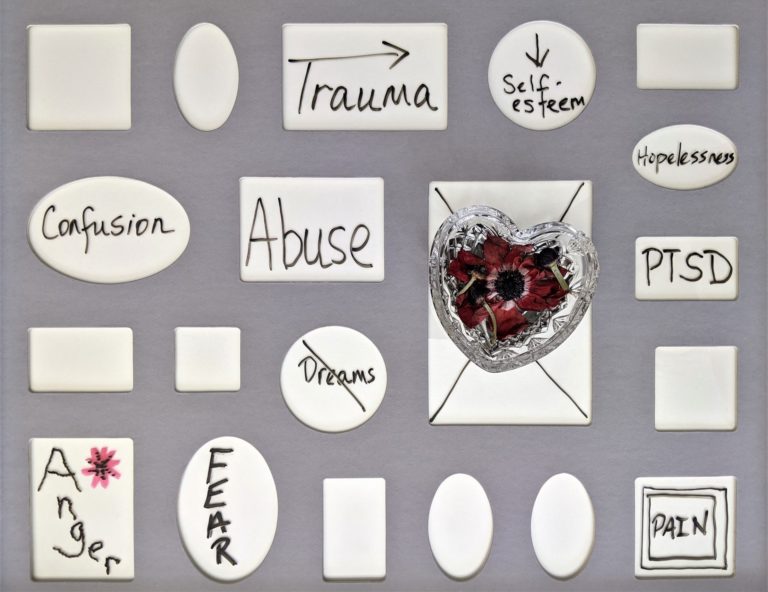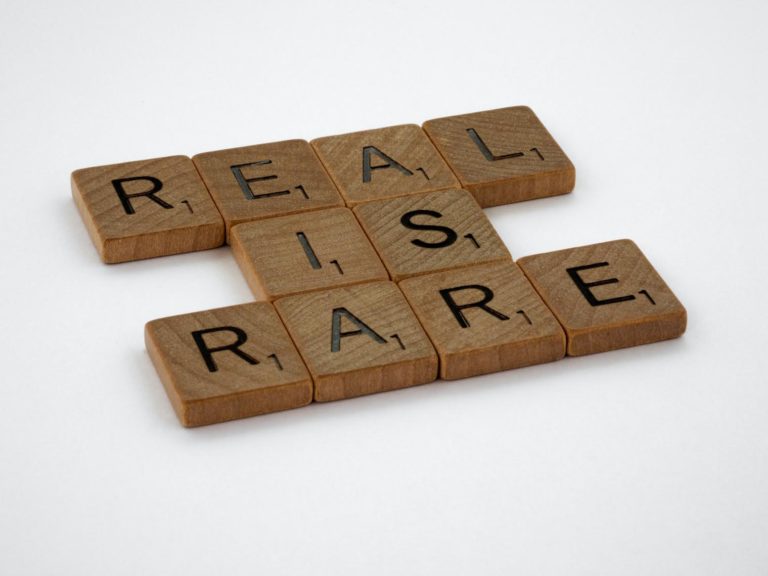There is a fine line between enabling someone and showing them empathy. Helping those we care about can be natural to us, but we may not know that providing this help is only enabling them. It is important to know the difference between empathy and enabling in order to properly help someone.
Having empathy can mean that we can identify, relate to, understand, and convey feelings or thoughts with other people. Enabling means to entitle other to act on intrusive behaviors because they are given an excuse to avoid consequences or having to do things on their own.
We are not always aware when we are enabling or supporting certain behaviors. It can be common to make excuses for those we care about, but this is enabling them to not take or accept responsibility. When we want to show empathy, it is important to not make excuses and to encourage the person to act on their own.
When we lack boundaries and let people treat us a certain way, this can also be enabling. Empathy cannot change someone’s destructive behaviors. When we understand our needs and those of others, we can fully learn the difference between empathy and enabling.

Signs of enabling
- Making excuses
It can seem natural to make excuses for those we care about, but this enabling gives them the opportunity to build more destructive behaviors without consequences.
- Avoiding any type of dispute
When we are afraid to face conflict or any dispute with loved ones, we are enabling them and their needs out of fear. We are afraid of losing someone, so we choose to avoid confrontation all together.
- You take on the responsibilities of others
You may feel like you are helping but over time this constant need to take on other’s responsibilities enables them to think you will always be there to do it, so they do not have to, this encourages their avoidant behaviors.
- You ignore your needs
Enablers typically focus so much on the needs of others that they ignore or forget their own needs all together. You may think that this is helping, but you are only hurting yourself.

Signs of empathy
- You actively listen to others
This means that you do not try to solve a problem but really listen to what they have to say.
- You can connect with how others feel
You are aware of your own as well as others needs and are open to the connection of other’s feelings.
- You are a peacemaker
Empathy makes you want to help others and you do not like confrontation, so you strive for connection and empathy within others and making peace around you.
- People come to you for support
Although they come to you for support, you are able to listen and provide insight without enabling what they need help with or encouraging any negative behaviors.
Understanding if we are showing empathy or simply being an enabler can be difficult. As much as we want to be there for others, we may not know the damage that we are doing by enabling them. This can be within relationships and allowing our partner to ignore our needs, or with family members that have addictions, and much more.
If you are a people-pleaser and struggle with saying no, chances are that you are an enabler. Empathy can come natural to some people, but after a long time of showing empathy, we may fall into enabler patterns.
Enabling is only hurting you and the person you are enabling. Making excuses for loved ones is only going to make them continue to need those excuses. If you struggle with being an enabler or people-pleaser reach out to someone for support, such as a friend, loved one, or therapist.




